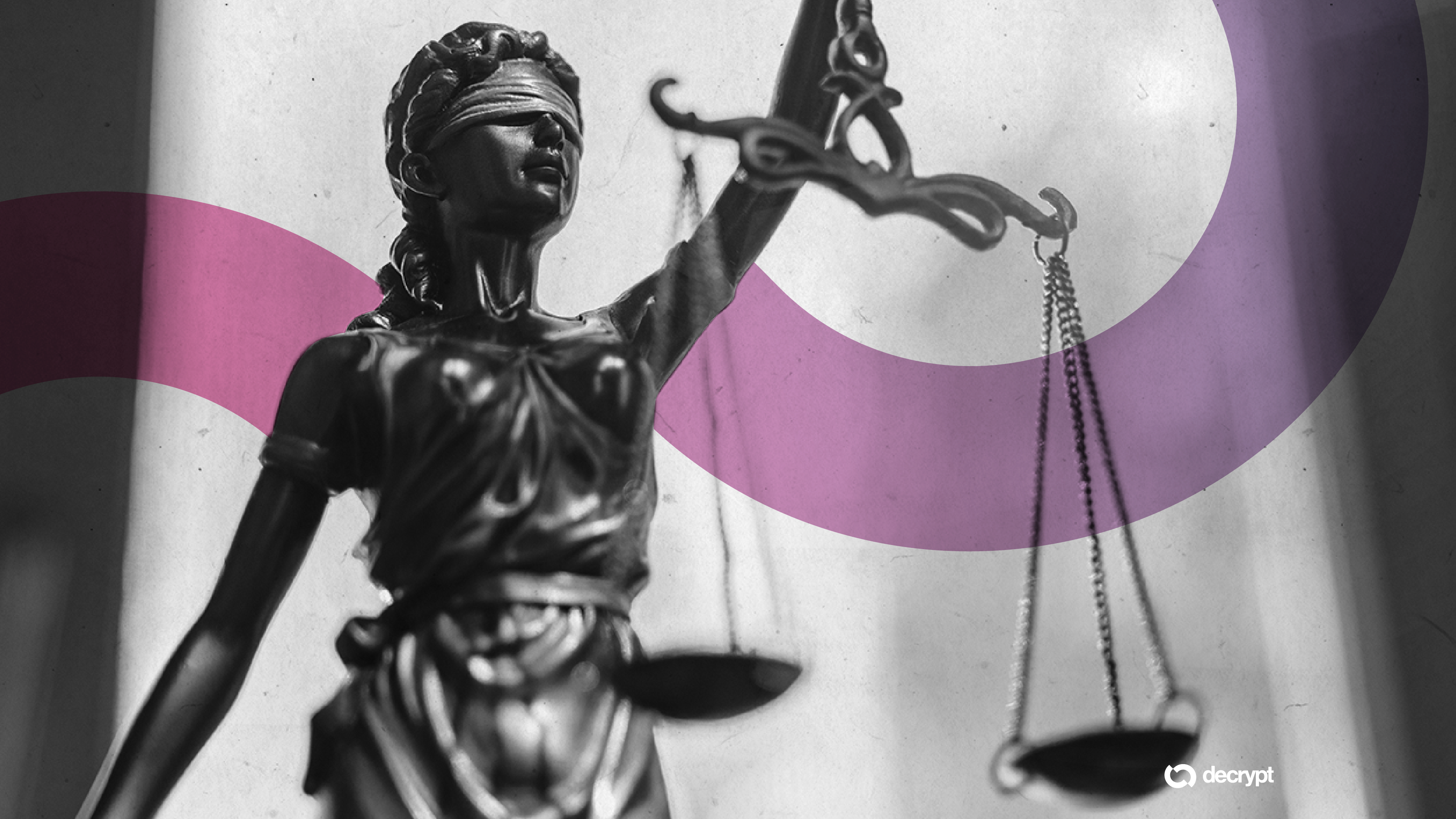Tornado Cash Dev Roman Storm Claims DOJ Fumbled Critical Telegram Evidence in High-Stakes Case

Privacy protocol chaos erupts as key defense evidence allegedly gets mishandled—just another day in crypto's legal circus.
The Telegram Tangle
Storm's legal team insists prosecutors bungled encrypted messages that could exonerate the developer. Screenshots? Metadata? Chain of custody? Apparently as clear as a mixed ETH transaction.
DOJ's Evidence Blunder
Sources claim the feds mishandled critical digital footprints—ironic for a case about obscuring transaction trails. Maybe they should've used Tornado Cash themselves.
Crypto's Regulatory Farce Continues
Another chapter in DeFi's ongoing battle with regulators who still think 'gas fees' refer to petroleum. Meanwhile, Wall Street gets yet another free pass for actual financial crimes—but sure, let's focus on privacy tools.
A question of authenticity
In a letter filed Saturday in New York, Assistant U.S. Attorneys Ben Arad, Thane Rehn, and Benjamin Gianforti, signing as line prosecutors on the case, acknowledged that earlier versions of the chats, produced in September 2023, were shared as plaintext files.
These, like the HTML files initially received from Dutch authorities, "do not identify when a message was forwarded," the prosecutors wrote, adding that the “Bablo chat” where the disputed message appeared "was not included in that production."
According to the prosecution, the version it intends to use at trial was extracted directly by IRS Special Agent Dickerman and shared with the defense in December 2024.
Prosecutors argue that the earlier formatting "has no bearing on the authenticity" of the evidence and that the defense had those properly formatted messages for over seven months before they raised the issue, three days before trial.
Rules and errors
But the strength of the defense's objection depends on “the degree of prosecutorial error,” whether the original speaker can verify the statement, and if other evidence supports the charges, Andrew Rossow, digital media attorney and CEO of AR Media, told Decrypt.
The flaw surfaced as Storm's team reviewed hundreds of government exhibits disclosed late last month. Unlike standard Telegram messages that show where a message was forwarded from, the government's version omits that metadata.
“Without the author metadata, reliability and admissibility are undoubtedly placed under a higher level of scrutiny because you must address authentication issues and hearsay concerns,” Rossow explained, citing federal rules of evidence, which require the government to prove that any evidence is what it claims to be.
Asked whether the late correction bolsters the defense's position, Rossow agreed.
“Prosecution can’t benefit from their timely reveal of their own mistakes,” he said, adding that “the attribution error carries full weight.”
Rossow points to Brady v. Maryland (1963), a landmark case that established what's now known as the “Brady rule.” Under this, prosecutors have a continuing duty to correct material misrepresentations throughout proceedings.
This kind of late discovery, Rossow said, “might actually strengthen the defense argument,” could even strengthen the defense, “depending upon whether prosecutors knew about this earlier on but didn't disclose or any patterns of mishandling,” or if parts of the case are determined to rest on flawed evidence.
Decrypt reached out for comment to the DOJ and Storm’s legal counsel from Waymaker LLP and Hecker Fink LLP.

